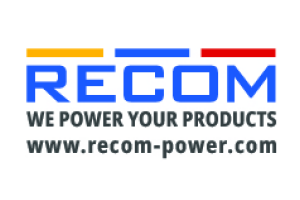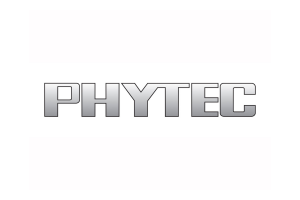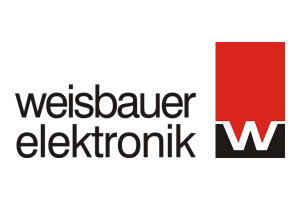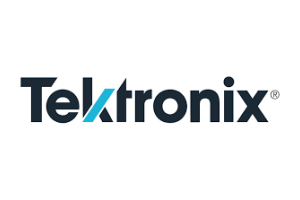Identification of Cars
Blockchain for Mobility
Simply pay in passing, use mobility services as required and offer new services - the Mobility Open Blockchain Initiative (MOBI) is developing an identification system for this purpose.
The Mobility Open Blockchain Initiative (MOBI) is working with leading car manufacturers such as BMW, Ford, GM, Groupe Renault and Honda to develop a vehicle identification system (VID) and is conducting proof of concept tests in the USA.
The system assigns ownership and service history information to individual cars so that they can be identified. This would allow parking and toll charges to be collected automatically without the driver having to pay in cash or by card.
"Being able to reliably identify the vehicles allows V2V and V2X transactions to be processed, the vehicles to be integrated into the power grid, new services to be introduced based on current usage, fleets to be operated and much more," says Chris Ballinger, CEO of MOBI. Smart Contracts can be used to pay very small amounts directly without having to involve several parties. This would create the basis for simply paying for mobility services and offering services such as "Mobility as Service". "The Vehicle Identity Standard will make such blockchain-based mobility services possible," explains Adre Luckow, Head of Distributed Ledger and Emerging Technologies at BMW. In addition, VID enables networks to be set up within which vehicles can communicate with each other, among other things to increase safety on the roads.
The blockchain can, however, be used for much more, for example to bring transparency into complex supply chains, to guarantee traceability, to increase security and to increase efficiency. For example, it could be ensured that only original parts are used within the supply chain. BMW is currently testing such a system at its Spartanburg plant.
BMW also plans to use blockchain technology to prevent manipulation of mileage counters when selling used cars and is investigating how the blockchain can be used to prove that mineral resources such as cobalt come from harmless sources.





